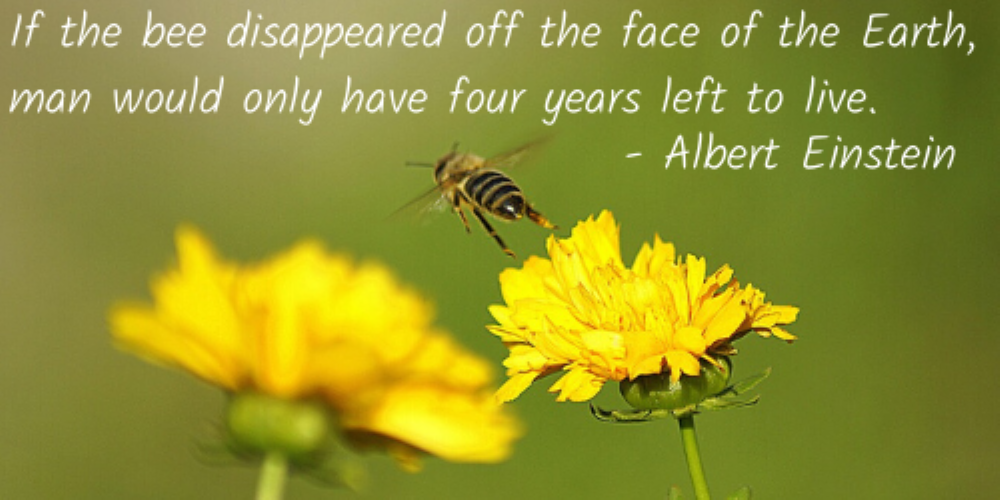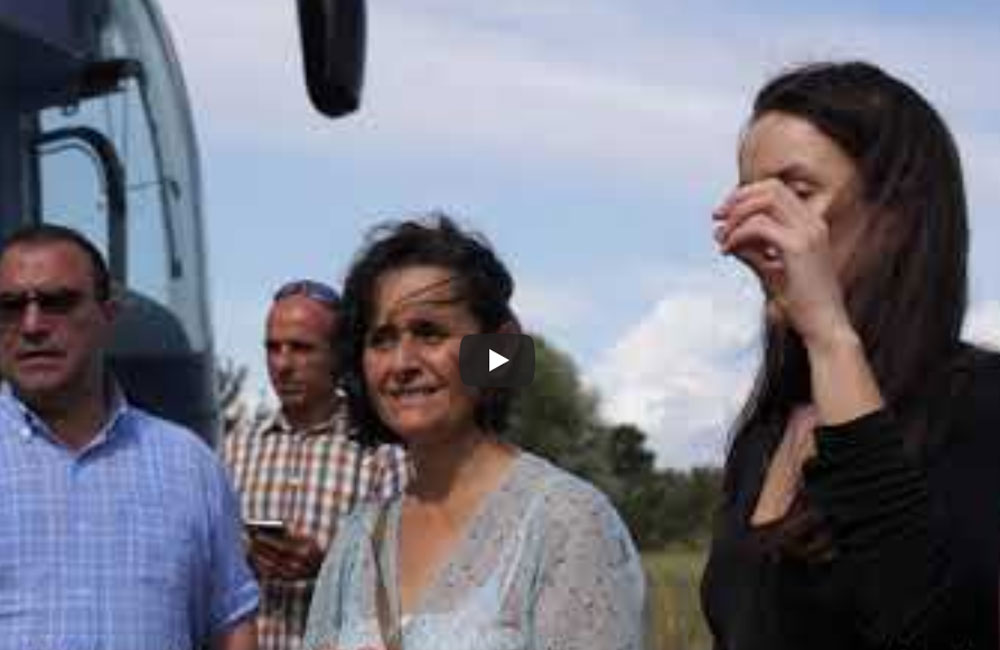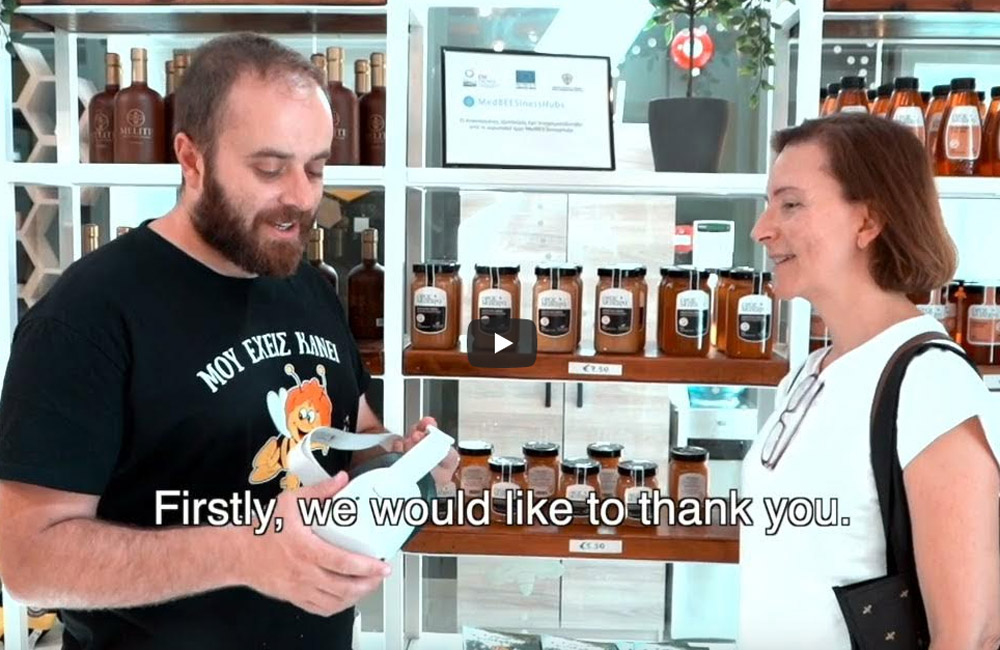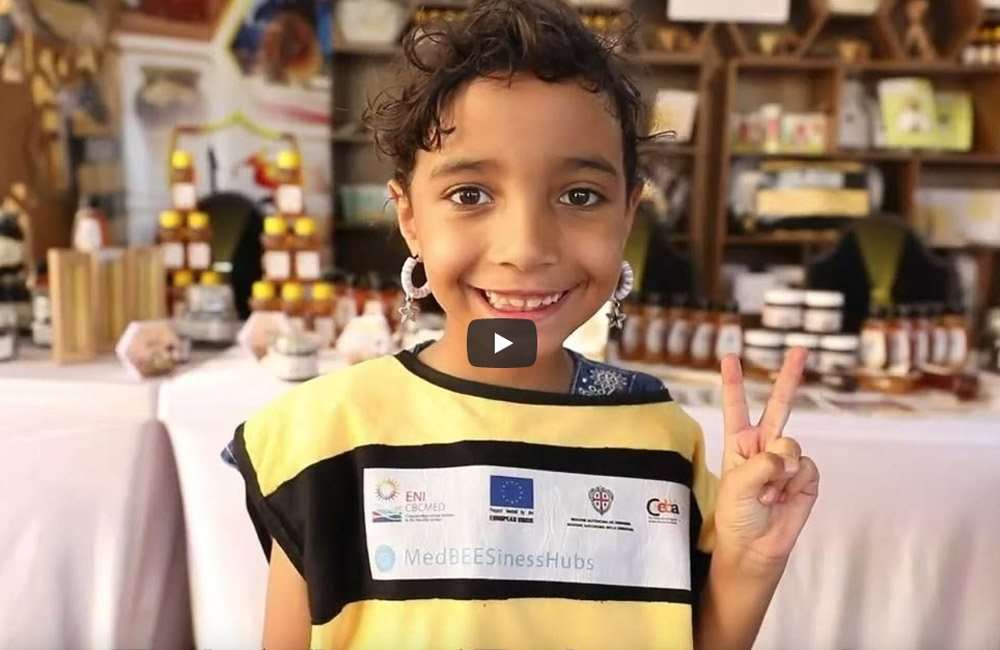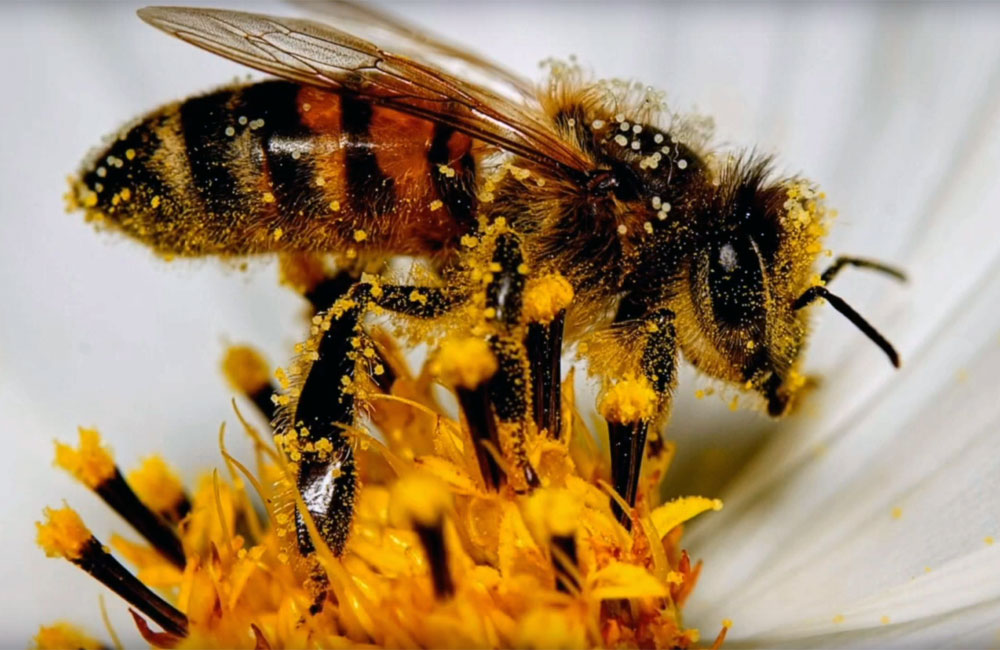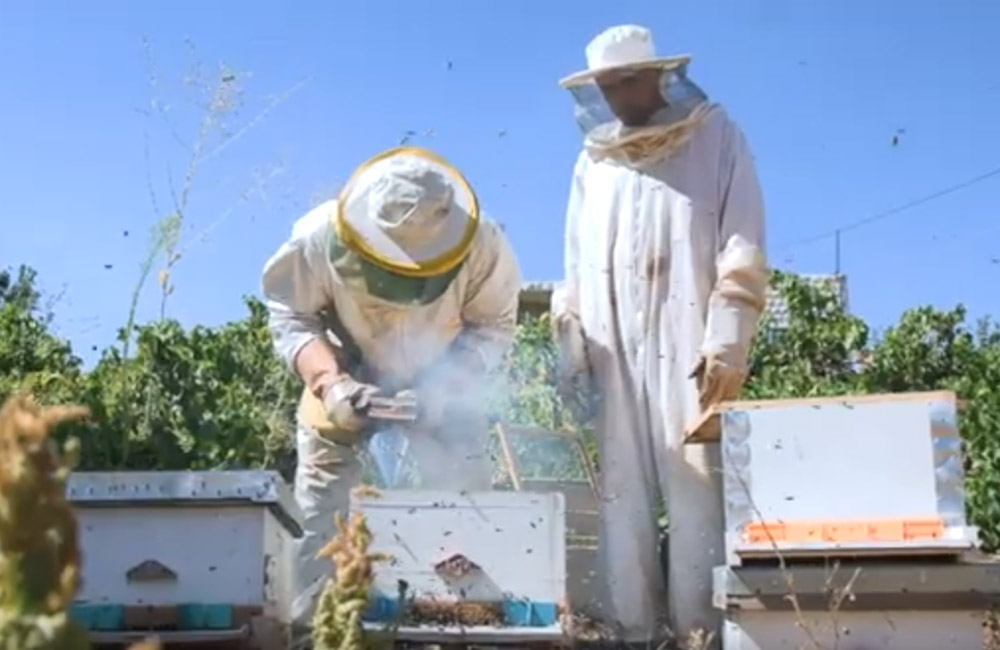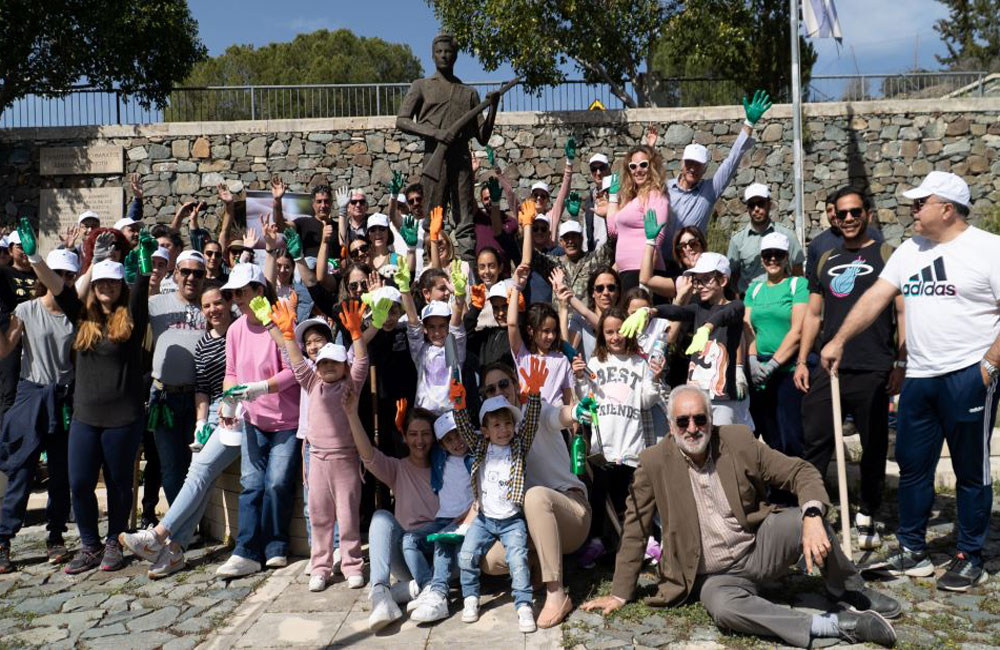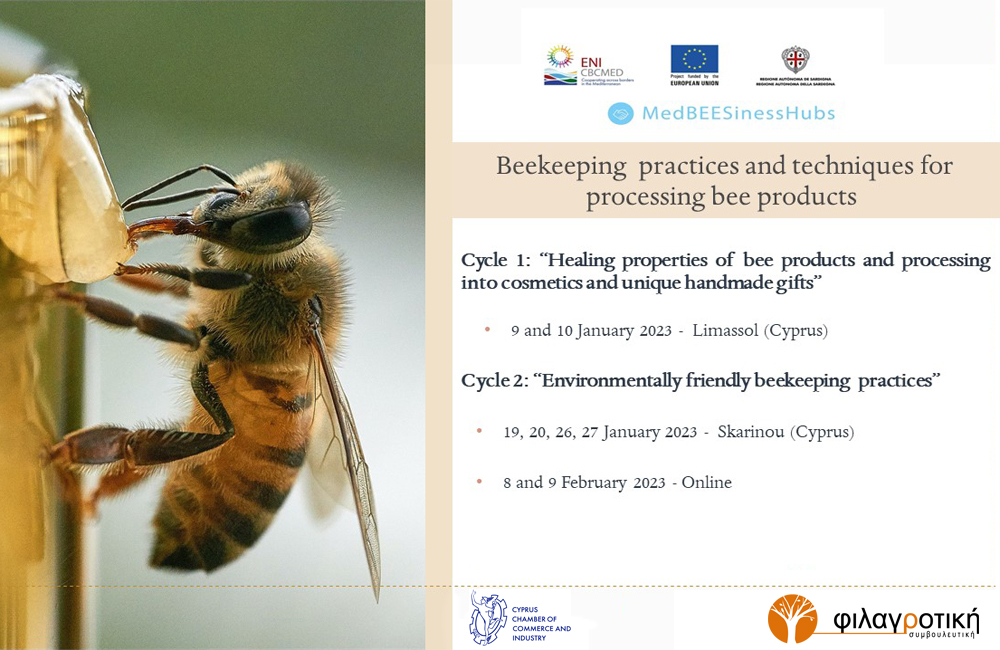Needless to say, bees are crucial for the environment and their number has been sharply decreasing. Their contribution to the economy cannot be underestimated either. This applies to the whole Mediterranean area, let alone to the most deprived rural regions where beekeeping is often one of the few profitable sectors.
MedBEESinessHubs fully understands the stakes. The project intends to contribute to the development of an actual Mediterranean BEE-economy by connecting clusters in five countries. It will go a lot further than just producing and selling honey. A vast range of side products is concerned from cosmetics to handcrafting souvenirs and even to the consolidation of "bee-tourism". On its way, the BEE-economy will use another abundant natural resource: youth. Young people will bring fresh BEESiness ideas while the project will pollinize them by granting financial and technical support. By the end of the journey, new products will be developed, and a sustainable cross-border network will be in place. And, on top of all this, vital bee population will be encouraged to come back to where they belong.
KEY INFORMATION
Acronym: MedBEESinessHubs
Full title: Mediterranean Bee Hubs in support for sustainable economic prosperity in deprived rural areas
Thematic objective: A.1 Business and SMEs development
Priority: A.1.2 Strengthen and support networks, clusters, consortia and value-chains
Countries: Cyprus, Italy, Egypt, Lebanon, Palestine
Total project budget: € 1.110.609,71; ENI contribution: € 999.548,74 (90%)
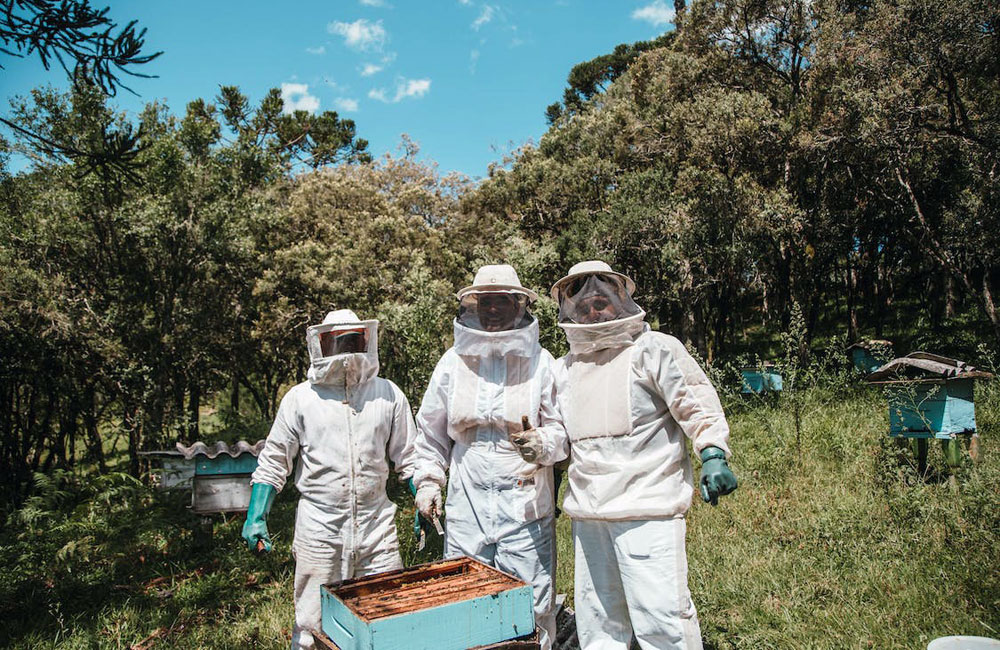
HIGHLIGHTS
Objective
To support the economies of five deprived rural communities by empowering and networking local people, especially the youth, in developing handicraft honeybee products businesses and tourism services networks, hence contributing to build a Mediterranean Bee-economy
What will be improved?
Weak agricultural regions will be granted technical and financial support to take advantage of two of their main natural resources: youth and nature. Young people and beekeepers will be supported and trained with the aim of developing new business ideas and products that will change the way local communities understand agriculture and beekeeping. The set-up of cross-border networks will enable overcoming traditional downsides of the sector like poor brand perception and the small size of Mediterranean bee businesses which hurdles the capacity to compete in global markets. In the long run, young people will access new jobs in an economic field where it once seemed impossible, and, indirectly, the nature will benefit from the increase in the demand for honeybee products and sustainable tourism. A win-win for bees and local communities.
Who will benefit?
- Woman and youth of rural regions
- Beekeepers
- Handicraft businesses
- Tourism MSMEs
- Public authorities
Expected achievements
- 1 training package on handcrafting honeybee products
- 100 young people trained in technical aspects of handcrafting honeybee products in food, cosmetics, and gifts
- 100 young people trained in business management and finance
- 50 grants of up to €10,000 granted to young people for business and product development
- 30 MSMEs involved in B2B meetings at cross-border level to pollinize BEESiness ideas
- 1 cross-border charter of BEESiness network and the creation of the MED-Bee destination forum
- 1 online exhibition hall to promote the Mediterranean honeybee businesses, products and destinations
- 1 policy document incorporating the Bee economy concept in European and national policies
Contribution to policy-making
Apiculture is comprised in the European Commission Green Deal paper through the Common Agricultural Policy (CAP). In particular, priority 8 of the CAP 2021-27 supports rural development policies through diversification actions by creating added value for their products. The proposal will contribute to these policies by, on the hand one, suggesting holistic approaches to create added value and open new market opportunities for the honeybee products; and, on the other hand, linking rural development policies with the honeybee and the need to protect the ecosystem. In Mediterranean Partner Countries, national policies will be benchmarked against the EU apiculture policies and activities relevant to bee product handcrafting will be proposed to support current beekeeping policies. Equally important will be rural policies for development, in which the bee economy concept will be addressed following the model implemented in the EU. The participation of the Network of Med Beekeepers as an associate partner will be vital to mainstream project results into policies.
Aim of the online exhibition hall:
- to promote the Mediterranean honeybee businesses
- to promote the products
- to get to know new destinations
